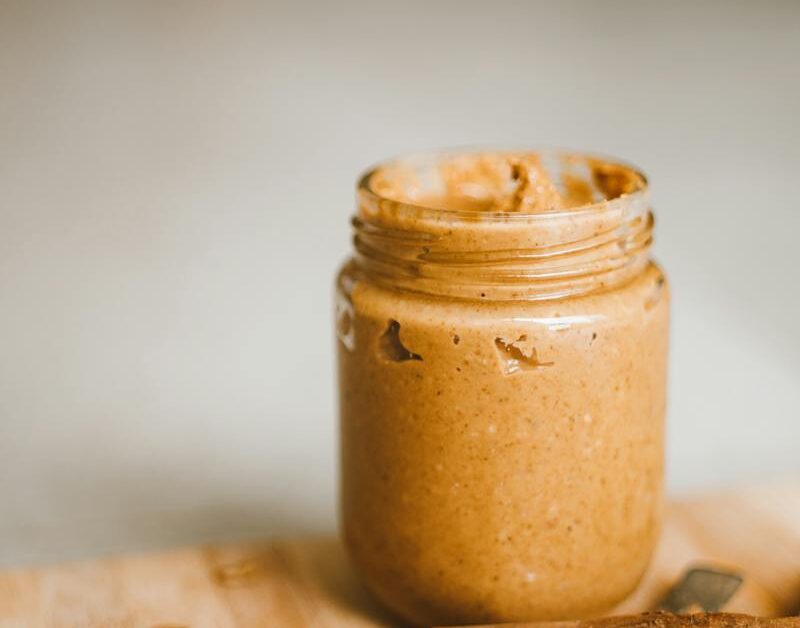Acne after Keto: Understanding the Connection
Acne is a common skin condition that affects millions of people worldwide. While there are various factors that contribute to the development of acne, diet is often considered a significant player. The ketogenic diet, or keto diet, has gained popularity in recent years for its potential weight loss benefits and improved overall health. However, some individuals have reported experiencing acne breakouts after following the keto diet. In this article, we will explore the possible reasons behind acne after keto and delve into the scientific evidence supporting this connection.
The Keto Diet: A Brief Overview
The ketogenic diet is a low-carbohydrate, high-fat diet that aims to shift the body’s metabolism into a state of ketosis. In ketosis, the body primarily uses fat for energy instead of carbohydrates. This metabolic state is achieved by drastically reducing carbohydrate intake and increasing fat consumption. While the keto diet has shown promising results in weight loss and managing certain health conditions, its impact on acne is a topic of debate.
The Role of Insulin in Acne Development
Insulin is a hormone produced by the pancreas that helps regulate blood sugar levels. When we consume carbohydrates, especially those with a high glycemic index, our blood sugar levels spike, leading to an increase in insulin production. Elevated insulin levels can stimulate the production of androgens, a group of hormones that play a role in acne development. Androgens can increase sebum production, clog pores, and promote inflammation, all of which contribute to acne formation.
The Impact of the Keto Diet on Insulin Levels
One of the primary benefits of the keto diet is its ability to stabilize blood sugar levels and reduce insulin secretion. By limiting carbohydrate intake, the body enters a state of ketosis, where insulin levels remain low and steady. This can be beneficial for individuals with insulin resistance or diabetes. However, the sudden shift in dietary patterns and the reduction in carbohydrate intake can also have unintended consequences for some individuals.
Possible Causes of Acne after Keto
While the keto diet may help stabilize insulin levels for many, some individuals may experience acne breakouts due to various reasons:
- Hormonal fluctuations: The sudden change in macronutrient composition and calorie intake can disrupt hormonal balance, leading to acne breakouts.
- Increased dairy consumption: The keto diet often includes high-fat dairy products, which have been linked to acne development in some individuals.
- Imbalanced omega-3 to omega-6 ratio: The keto diet tends to be high in omega-6 fatty acids, which can promote inflammation and exacerbate acne symptoms.
- Insufficient nutrient intake: Strict adherence to the keto diet may result in inadequate intake of certain vitamins and minerals that are essential for healthy skin.
Scientific Evidence and Studies
While anecdotal evidence suggests a link between the keto diet and acne breakouts, scientific studies exploring this connection are limited. However, a few studies have shed light on the potential impact of dietary factors on acne:
- A study published in the Journal of the Academy of Nutrition and Dietetics found that a high glycemic load diet, which includes foods with a high glycemic index, was associated with an increased risk of acne development.
- Another study published in the Journal of the American Academy of Dermatology suggested that dairy consumption, particularly skim milk, may contribute to acne formation.
- Research published in the Journal of Clinical and Aesthetic Dermatology highlighted the role of omega-3 fatty acids in reducing inflammation and improving acne symptoms.
Managing Acne while on the Keto Diet
If you are experiencing acne breakouts after starting the keto diet, there are several steps you can take to manage your skin health:
- Monitor dairy intake: Pay attention to how your skin reacts to dairy products and consider reducing or eliminating them from your diet if necessary.
- Focus on nutrient-dense foods: Ensure you are consuming a variety of nutrient-dense foods to meet your body’s requirements for vitamins and minerals.
- Consider omega-3 supplementation: If your omega-3 to omega-6 ratio is imbalanced, incorporating omega-3 supplements or foods rich in omega-3 fatty acids may help improve acne symptoms.
- Consult a healthcare professional: If your acne persists or worsens, it is advisable to seek guidance from a dermatologist or healthcare professional who can provide personalized advice.
Conclusion
While the keto diet has shown promising results for weight loss and overall health, its impact on acne is still not fully understood. The connection between acne and the keto diet may vary from person to person, and individual factors such as hormonal balance, nutrient intake, and food sensitivities can play a significant role. It is essential to listen to your body, monitor your skin’s response, and make adjustments to your diet accordingly. Consulting a healthcare professional can provide valuable insights and guidance tailored to your specific needs.
